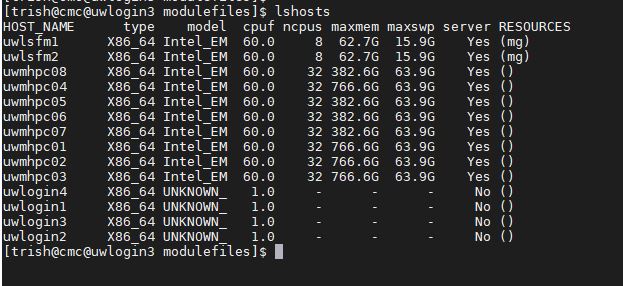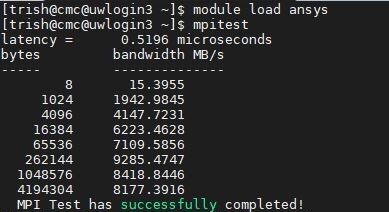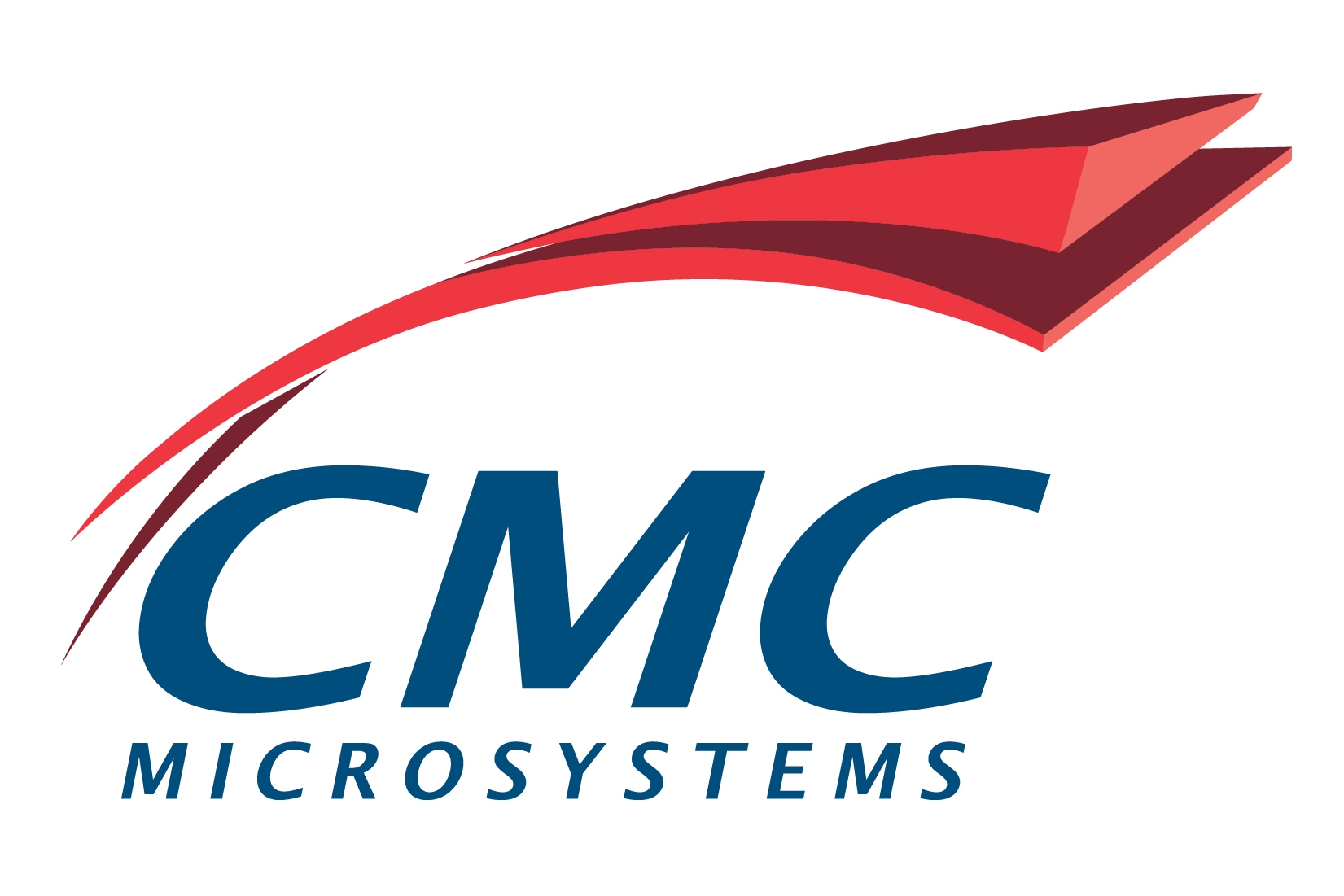Using Secure Socket Handler (SSH) in the CAD Compute Cluster
Secure Socket Handler (SSH) is a form of security granted to users in this cluster. A passcode is generated by a small script, and placed on each node (login, compute) to permit intra-cluster/inter-nodal communication during a user’s simulation runs.

Figure 1: The Nodes in the CAD Compute Cluster
The utility setsshkey is used as a kind of password checking on nodes (SSH security).
You can find setsshkey in the top-level directory under /home/scripts/

Figure 2: The Location of the setsshkey Script
To set up SSH keys in advance of your first simulation run, in a terminal window enter the following:
$ /home/scripts/setsshkey
When prompted, do not use a passphrase, and leave the result in the default directory.
To see if an SSH key has been properly installed, enter the following:
$ uwmhpc04
If the SSH permissions are set properly, you should be logged into that node. This example uses the fourth compute node as an example, though any uwm* node should be accessible.
To exit the node login, use the command logout.
Message Passing Interface (MPI) Software in the CAD Compute Cluster: ANSYS
A Message Passing Interface (MPI) is an application bundled with ANSYS. It handles functions that enable parts of a parallel program to communicate at a high-level with the underlying mechanisms of the host cluster. MPI can perform such tasks as launching jobs, disk input and output, and exchanging information between distributed memories. Two flavours of MPI are bundled with ANSYS: Intel- and Microsoft-based. The Intel version is the default for Linux operating systems.
When ANSYS has been loaded, enter the following:
$ module load ansys
You can test MPI functionality using the following utility command:
$ mpitest
The output will be displayed on your screen, as shown in Figure 3, and an mpitest.out file will be written to your working directory.

Figure 3: Testing the Message Passing Interface Software
To see if the MPI environment variable has been set, enter the following:
$ env (for all variable names)
$ env |grep -i mpi (to isolate your search to the MPI environment variable MPI_ROOT)
References
- SSH: https://www.ssh.com/ssh/protocol/
- ANSYS HPC and MPI: https://www.ansys.com/it-solutions/platform-support
- Intel MPI: https://software.intel.com/en-us/get-started-with-mpi-for-linux
- Microsoft MPI: https://docs.microsoft.com/en-us/message-passing-interface/microsoft-mpi
